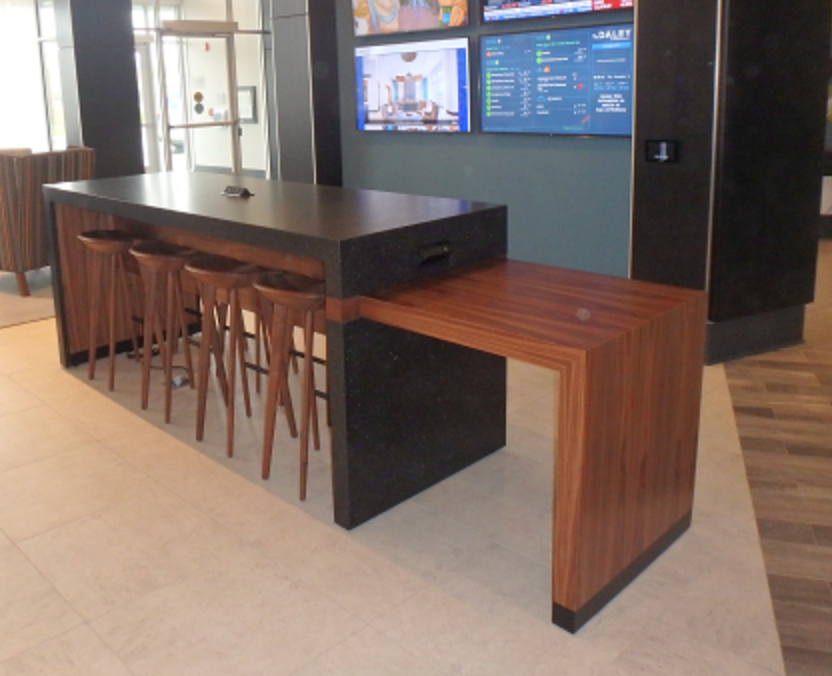TOP 5+ WAYS TO AVOID ADA LITIGATION IN YOUR BUSINESS FACILITY
- Kathleen Finnerty

- Jan 29, 2020
- 3 min read
Contrary to popular belief, businesses can avoid being held liable for ADA violations. After 18 years of litigating ADA claims, we have learned that certain elements required by the ADA seem to attract more attention to a facility than others. This article addresses the top ways to get compliant and reduce the risk of being sued.

COMPLIANCE IS USUALLY CHEAPER THAN LITIGATION
Take care of these items and you will be closer to compliant in no time!
Signage is Cheap. Almost every ADA complaint alleges that a facility's ADA signage is inadequate. Generally speaking, only 7 or 8 signs are required, the total cost for which is less than $300.00. Note: If a Plaintiff sees that your facility lacks these signs, they will keep looking for more violations.
2. Parking is Key. Many, many ADA claims allege that the parking at a facility is non-compliant. If your facility has the proper signage, the proper access aisle, without a slope or cross-slope and is properly maintained, they are more likely presume that your facility is compliant and move on to the next target!

3. Sign and Maintain the Front Door. The next "trigger" for an ADA lawsuit is an entrance that is either not accessible, lacks the International Sign of Accessibility "ISA")or is too heavy to open (compliantly). These are generally simple corrections. If the most obvious entrance to the facility is not accessible for a person with a disability, there must be a sign directing them to the accessible entrance. Imagine being in a wheelchair in the pouring rain trying to hunt for an accessible entrance! That entrance must have an ISA and require no more than 5 pounds of force to open. (there are a few other requirements beyond the scope of this blog). Note: If a Plaintiff cannot get into your facility easily, the risk that they will call a lawyer skyrockets!

4. Restrooms. A great deal of ADA litigation revolves around restroom accessibility, or the lack thereof. Yes, there are more than 35 compliance elements for each restroom, but there are a few that are easy for a Plaintiff to spot as a basis for a lawsuit. Proper signage is key here - both federal and state, and very few facilities get it right without help. Second, the accessible stall or restroom must have sufficient space (generally a 60" circle) for a person in a wheelchair to turn around, and enough space on the strike side of the door (both directions, generally 24") to enter and exit the restroom. Third, the pipes under the sinks need to be wrapped (completely), and fourth the door hardware must be correct. There are numerous other elements for complete compliance that are beyond the scope of this blog, but these items will help greatly reduce your risks.

5. Counters and Bars. Persons with disabilities need to have access to pay for their goods and services or to dine or drink at a bar. Such is the law, but the solution need not be bulky or ugly. Sufficient lowered counter space is required, and must be kept clear (not used for storage). This too goes a long way toward establishing good will, and not getting sued.

Taking action toward ADA compliance can help reduce your risk of getting sued for ADA violations, which can cost anywhere from $4,000 - $400,000 or more to resolve. If you have questions, please contact us. We would love to help you.
To learn more and stay current on our ADA Updates, please subscribe to our newsletter, follow us on social media or head to our online store.






Comments